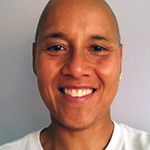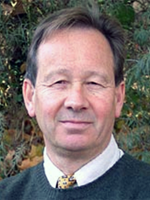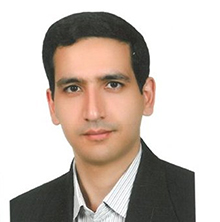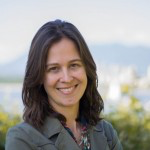Key science findings:
- It was possible to use the Environmental Competency Groups methodology to bring scientific modelling and local knowledge together in co-production of knowledge about how water management combined with natural processes affect rivers in the absence of overt controversy.
- It was possible to bridge gaps between water/river management and local planning/development through the transdisciplinary research in the Kennet ECG combining scientific and vernacular expertise.
- Environmental Competency Groups promote practical interdisciplinary collaboration among natural and social scientists.
Introduction
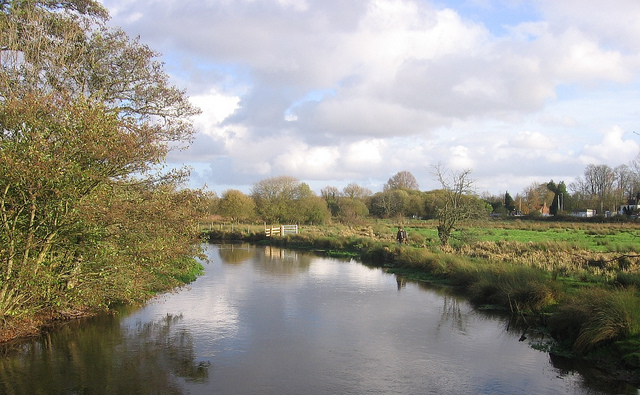
Human Geography research in the MaRIUS project has focussed attention on the ways in which government in modern, complex societies is exercised through a proliferation of expert professionals and technologies and the challenges that this poses for effective democratic accountability and public engagement in environmental decision making. This work draws on scholarship at the intersection of science and technology studies and political theory that explores ideas about public participation and democratising science in the field of environmental science and governance. It is informed by work that treats vernacular environmental knowledge as an undervalued resource in environmental science and public policy.
Research methods
Human Geography transdisciplinary research in a locality focused on bringing vernacular knowledge to bear on the production of drought and water scarcity expertise. The methodology of Environmental Competency Groups (ECGs), pioneered in previous work with communities living with flooding was used to stage an experimental research collaboration of twelve months duration, in a case study locality. This ECG brought together natural and social scientists in the MaRIUS project team with local conservationists, amateur naturalists and interested residents to interrogate the modelling techniques that underpin water management. Ways of improving water and river management expert practices through the incorporation of vernacular local knowledge were explored using computer modelling tools. This activity was a major site of interdisciplinary collaboration within the project team, as well as involving natural and social scientists in sustained public engagement.

Result 1
It was possible to use the Environmental Competency Groups methodology to bring scientific modelling and local knowledge together in co-production of knowledge about how water management combined with natural processes affect rivers in the absence of overt controversy.
Previously successfully used to co-produce new and different knowledge about flood risk and mitigation options the possibility of the ECG methodology to work in other situations was put to the test. Originally constructed to be propelled by local public controversy it was unknown whether local residents would be interested in participating in an ECG in a locality with no current challenge of expert practices. Previous ECGs had focussed on exploring aspects of flooding poorly understood by science at the time, e.g. land use impacts and Natural Flood Management. Whether the drought and water scarcity focus in MaRIUS could be articulated with issues of interest to the local community remained to be seen. Another question to answer was whether an ECG could add anything in a locality with an active rivers trust was engaging local residents in education about the river and in citizen science programmes.
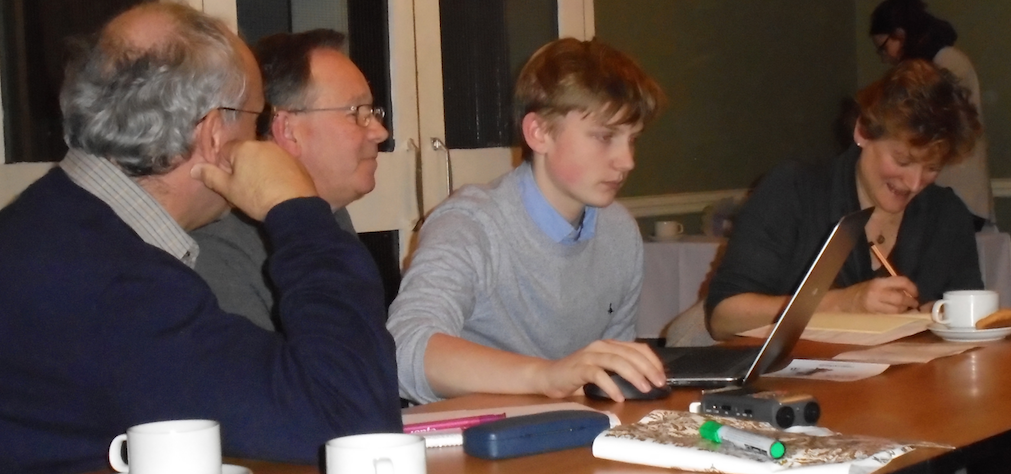
Result 2
It was possible to bridge gaps between water/river management and local planning/development through the transdisciplinary research in the Kennet ECG combining scientific and vernacular expertise.
Over the course of one year the work in the Kennet ECG addressed the disconnection of water resource management from river management that had been identified in the mapping of drought knowledge by focussing on the local scale. This focus facilitated application of scientific knowledge about system properties and dynamics to concerns about the river environment and water management among local residents.
Drawing on local experience and engagement with river restoration the Kennet ECG was able co-produce knowledge of relevance for future development in the locality.
Result 3
The Environmental Competency Group promoted practical interdisciplinary collaboration among natural and social scientists.
ECGs are social science led. Social science knowledge and expertise are used to set up, facilitate and drive these transdisciplinary engagements. Natural science is critical for providing the knowledge, skills and tools needed to investigate and understand the environmental processes involved. In between the six bi-monthly meetings of the Kennet ECG the social and natural scientists worked together with planning and preparations. This ‘backstage’ work promotes mutual understanding of how the respective disciplines work and in the local meetings social and natural scientists learn from each other when collaborating with local residents contributing experience-based expertise.

